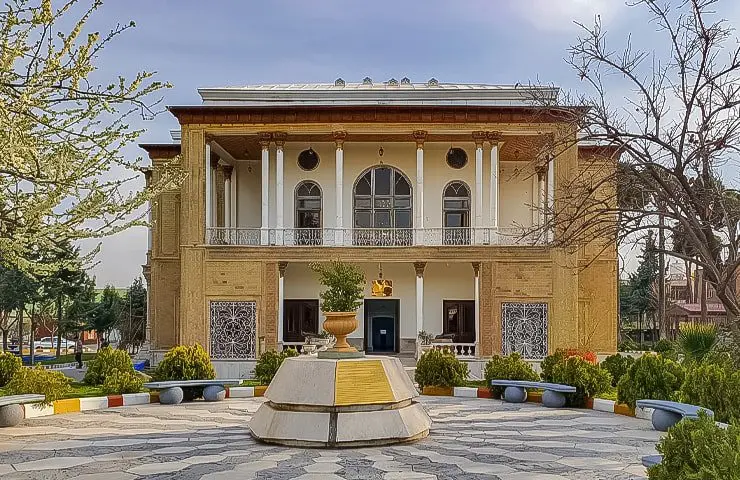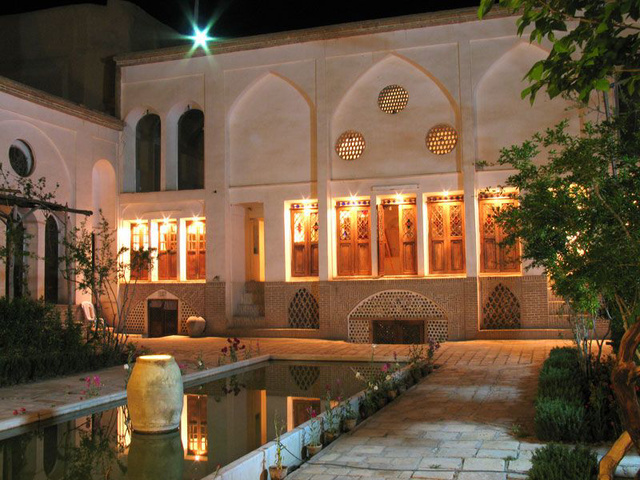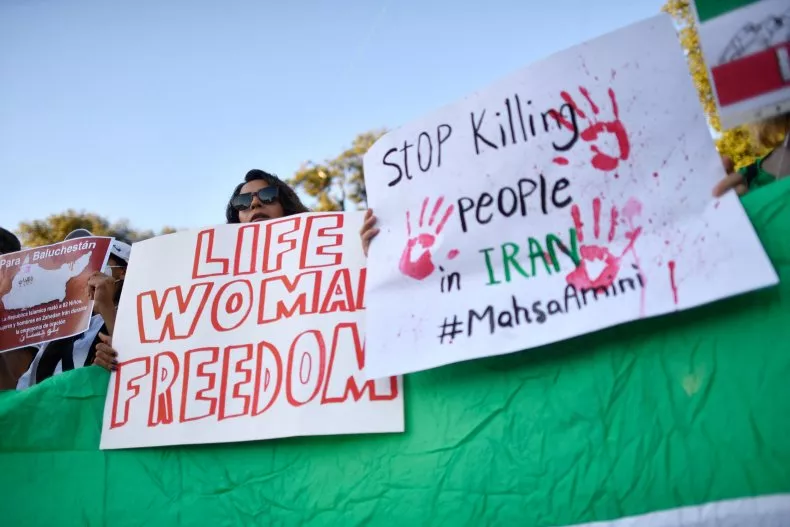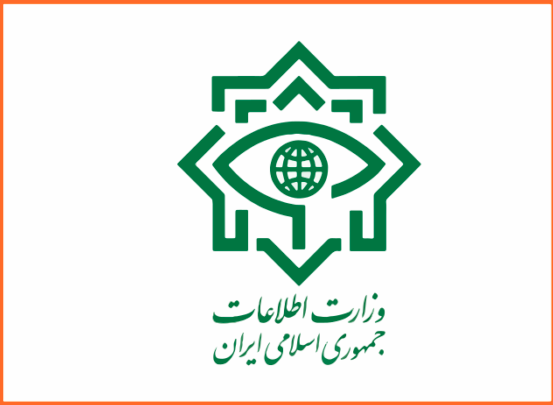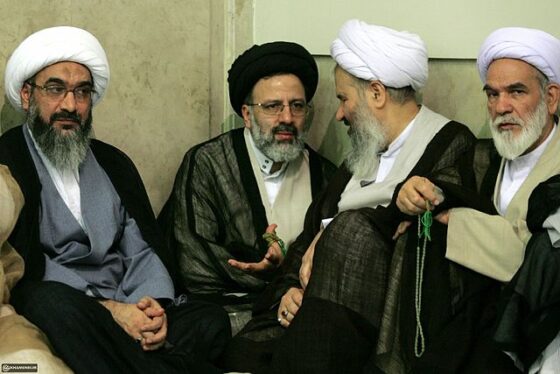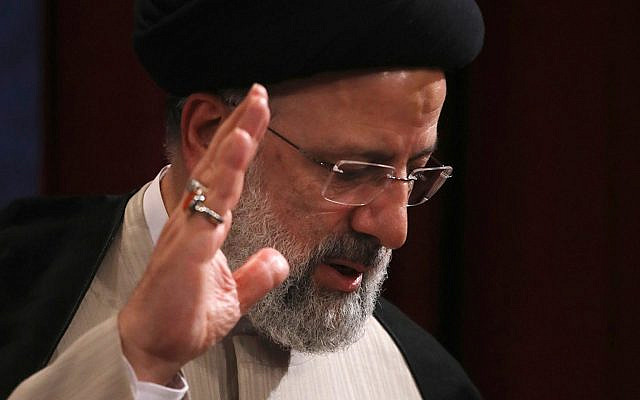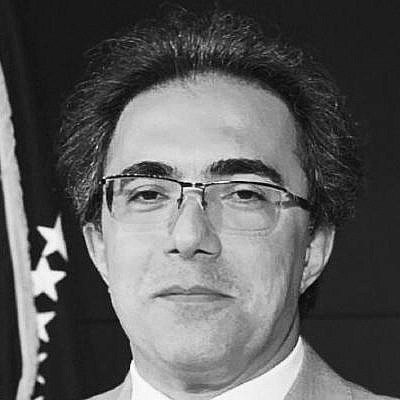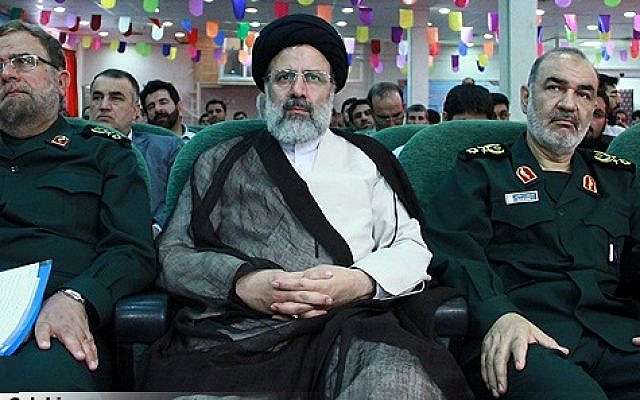Meng Wanzhou case: Huawei executive’s extradition hearings begin
Published on: 2020-01-20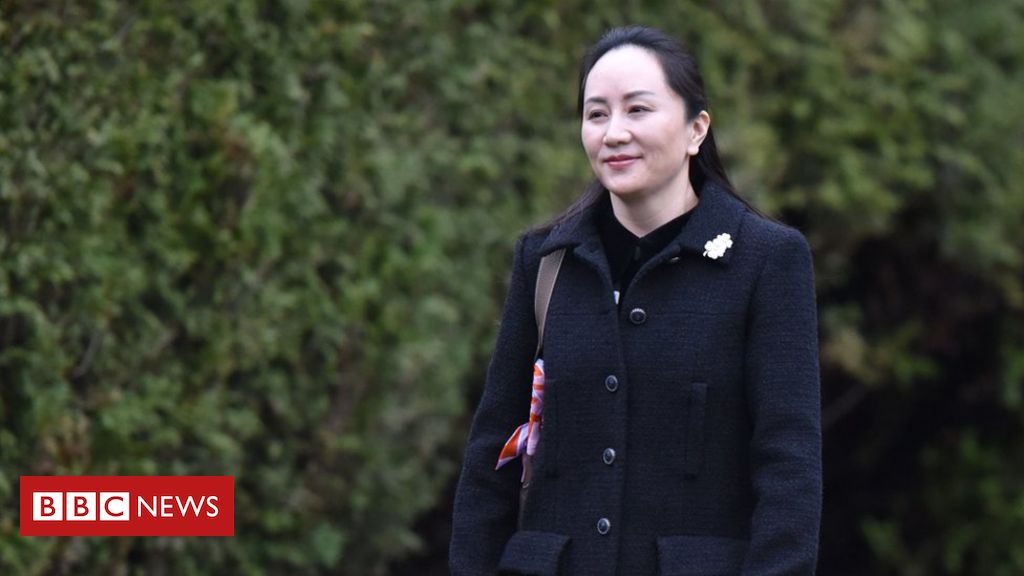
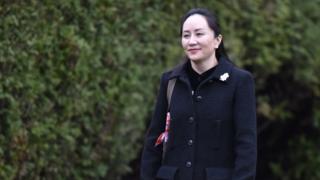 Image copyright
Image copyright
AFP
Meng Wanzhou’s case is being closely followed
A Canadian court has begun hearing the case of a senior Huawei executive fighting extradition to the United States.
Meng Wanzhou, 47, made no comment as she arrived at a Vancouver courthouse on Monday for a scheduled hearing.
The US wants Ms Meng to stand trial on charges including fraud linked to the alleged violation of US sanctions against Iran.
Ms Meng, who was arrested in late 2018 in Canada, denies any wrongdoing.
The case involving Huawei’s chief financial officer is being closely watched in Canada, the US and China.
Her arrest has created a rift between China and Canada. On Monday, Beijing repeated its calls for Canada to release Ms Meng.
Meanwhile, the Chinese telecoms giant said it stood by its executive “in her pursuit of justice and freedom”.
In a video statement released on its social media platforms as the hearing got underway, Huawei said it trusted in Canada’s judicial system “which will prove Ms Meng’s innocence”.
This first phase of hearings is scheduled to run from 20-24 January in the British Columbia supreme court in Vancouver.
The court will hear arguments on whether the crime Ms Meng is accused of by the US would also be considered a crime in Canada.
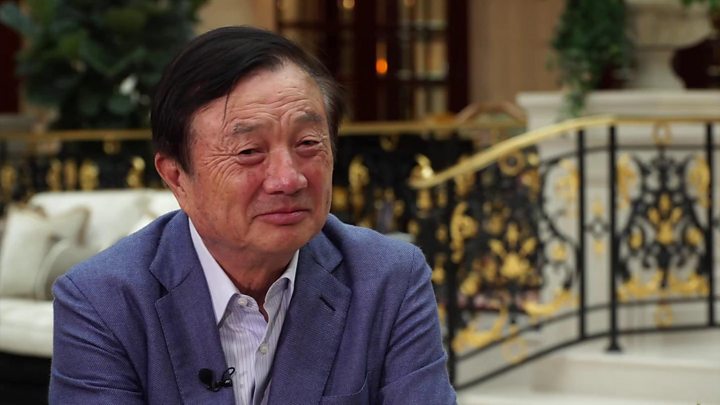
Media playback is unsupported on your device
The judge must be satisfied that it meets the so-called “double criminality” test before agreeing to an extradition.
Her lead defence lawyer, Richard Peck, argued in court on Monday that Canada is effectively being asked “to enforce US sanctions”.
“Sanctions drive this case,” he said.
“This case is founded on allegations of breach of US sanctions, which Canada has repudiated. The US has cast (Ms Meng’s) alleged behaviour as a fraud against a bank. This is an artifice.”
Canada’s justice department has said it will justify extradition by arguing US accusations against Ms Meng would be considered a crime in Canada if they had occurred there.
What is the background?
Ms Meng is the chief financial officer of the Chinese telecom giant Huawei and daughter of its founder Ren Zhengfei.
She has been out on bail but under house arrest in Vancouver, where she owns property, since shortly after she was detained in December 2018.
Not long after her arrest, China detained two Canadian nationals – Michael Kovrig, a former diplomat, and Michael Spavor, a businessman – and has accused the pair of espionage.
The move by Beijing is widely viewed as “hostage diplomacy” – a tactic to put pressure on Canada to release the Huawei executive. Their detention has been called “arbitrary” by Canada and its allies.
Political issues never far away
Zoe Thomas, BBC Business, in Vancouver
Wearing a long polka dot dress, designer high heels and her ankle monitoring bracelet, Meng Wanzhou entered the courthouse looking defiant.
She waved to the crowds outside the court as she entered the building. That demeanour seems to be part of her legal team’s strategy to argue this case is about politics not about criminal activity.
During the proceedings, lawyers petitioned the judge to have her moved from the prisoners’ dock to their table, with better access to a translator.
Canada’s Crown Council, meanwhile, has tried to focus on the bank fraud accusation and steer the arguments away from political debates around Iran sanctions and the US-China relationship.
But getting away from the political issues will be an uphill battle. The case has pulled Canada into a trade dispute between the US and China.
With a final decision some time away, that political attention will likely last for months to come.
Ms Meng’s arrest also led to a trade row between Canada and China, with China blocking tens of millions of dollars of canola exports.
China says the case is political persecution by the US.
Washington has been lobbying its allies – including the UK – to not use Huawei’s 5G technology services in critical communications infrastructure, alleging it could be a security threat.
How does the extradition process work?
If a judge is satisfied with the evidence presented, he or she will authorise that the individual be committed for extradition.
If not, the accused will be discharged and released from custody.
Even if the judge recommends extradition, it is the federal justice minister who makes the ultimate decision.
A second scheduled hearing, focusing on allegations of abuse of process and whether Canadian officials followed the law while arresting Ms Meng, is due to be heard in June.
It is highly likely the overall process could be lengthy. Ms Meng has avenues to appeal throughout the process and some extradition cases have dragged on for years.

